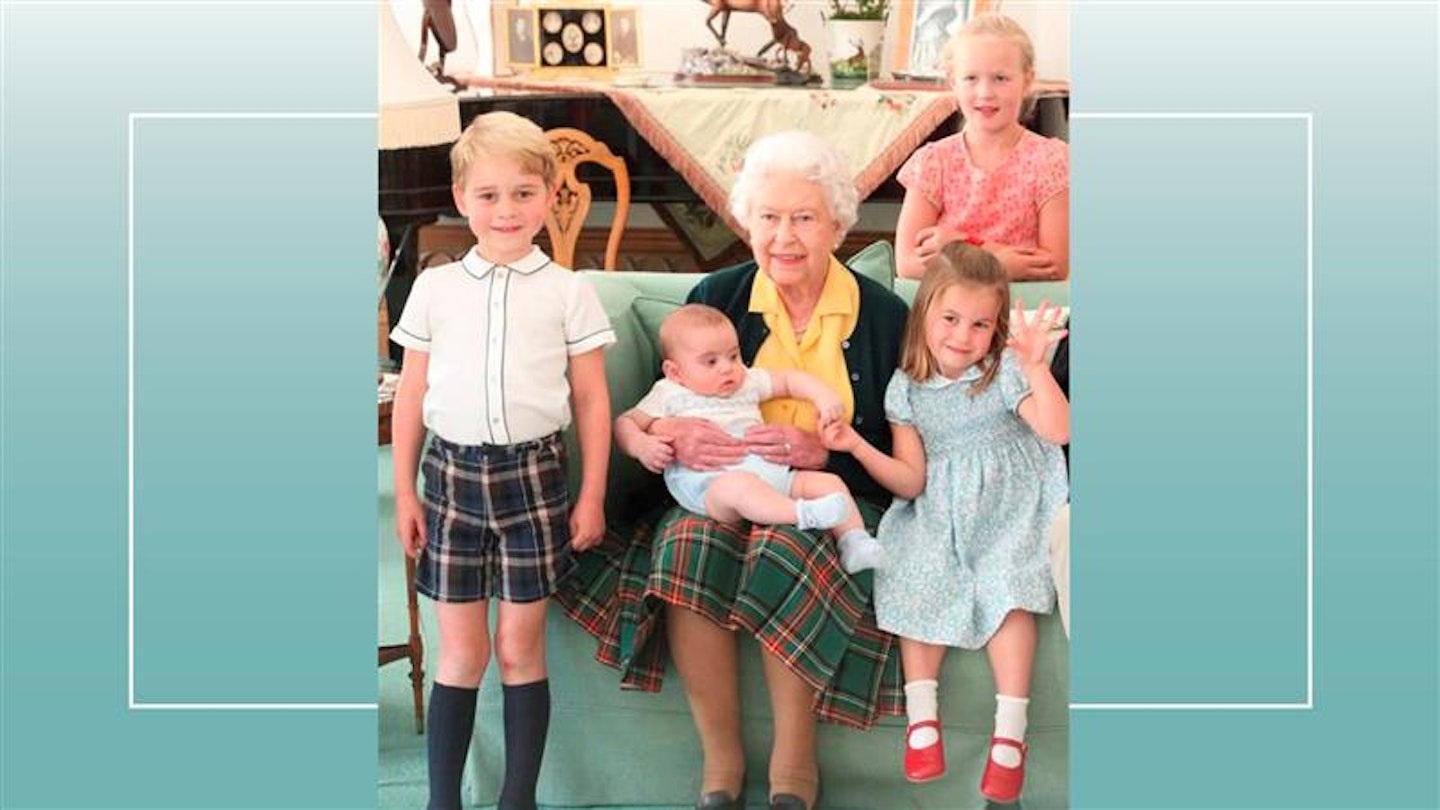For the next few days and weeks talk will undoubtably be little other than news of the sad death of Queen Elizabeth II, who died at herBalmoral home on 8 September.
Some schools sent out emails in the days that followed her death explaining what will happen over the next week, including plans to close schools on the day of the Queen’s funeral. A government spokesman also said, ‘Monday, September 19, the date of Her Majesty Queen Elizabeth II's state funeral, will be a national bank holiday. This will allow individuals, businesses and other organisations to pay their respects to Her Majesty and commemorate her reign, while marking the final day of the period of national mourning…Schools will be closed. We are not asking them to remain open on the day of the bank holiday.’
Which means many parents may be having conversations with children of all different ages this week about the Queen’s death, how and why she died, and what it means for those left behind. Holly Willoughby told viewers on This Morning that she advised her children to write letters to the Queen as a way of 'processing their grief', after the family visited Buckingham Palace to pay their respects.
Dr Jane Gilmour, Consultant Clinical Psychologist at Great Ormond Street Hospital and co-author of How to Have Incredible Conversations With Your Child, has given parents these tips as they navigate any tricky conversations about death and grief…
Be honest - and clear
‘Tell children what has happened. Even young infants pick up changes in atmosphere and emotion around them. If you don’t explain it, children might imagine other frightening or worrying events which are not true.
‘Pre-school and young primary school children will still be developing an understanding of death so make sure you use language that is accurate and straightforward. For example, the phrase "passing on" or "gone to sleep" can be misunderstood. Consider saying instead, "The Queen has died. It means her body has stopped working." Use examples in nature to illustrate that death is permanent and help young children understand that people who have died don’t come back.’
Leave space to ask questions
‘Very often, children will make connections between events when there is no real link, so offer space to ask questions and praise them for asking whatever their question, so that they feel safe to ask you anything in the future. This is good family practice, whatever the circumstances.’
Be aware of the news and conversations happening around them
‘People might use language, speculate or make perhaps even make jokes (people joke even when they feel sad or unsure inside) that are hard for children to understand. Think about what they have heard and make sure you translate it, so it makes sense to them.
‘For some people, this event may also trigger memories or worries that are highly personal, even though they may not make the connection at first. You may be surprised to find that you or your family members become emotional. This is particularly likely in teenagers, who feel emotion more intensely than younger children, given their unique state of brain development. Take the chance to talk it through, try and figure out why it’s having such an impact and connect because it is likely to be important to them.’
Accept there will be a variety of different emotions
‘Everyone responds in different ways to the same event, and at the same time we can also expect many people will be feeling sad. Naming emotions helps us process hard experiences and it is bonding, so don’t be afraid to say how you feel and talk it through together. Bear in mind that it can be frightening for children to see parents overwhelmed by emotions so if you feel really distressed (you can’t stop crying, for example) do work through these feelings with your partner or friends but try to stay reasonably calm when you’re in earshot of children.’
You can find valuable information and resources about how to manage themes of death and bereavement in young people here https://www.winstonswish.org/
By Dr Jane Gilmour, Consultant Clinical Psychologist at Great Ormond Street Hospital and co-author of How to Have Incredible ConversationsWith Your Child
